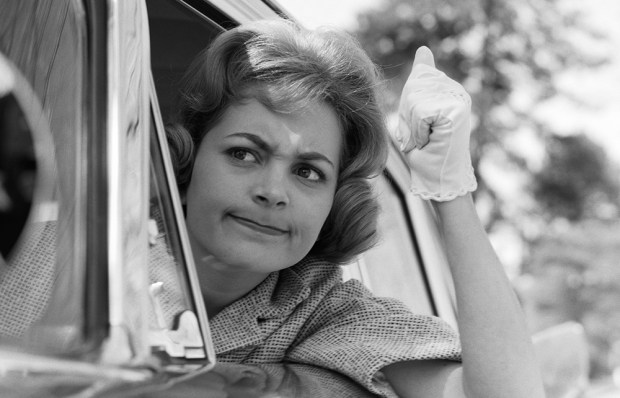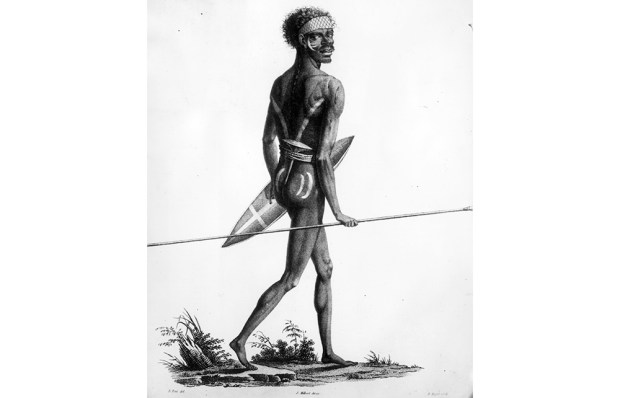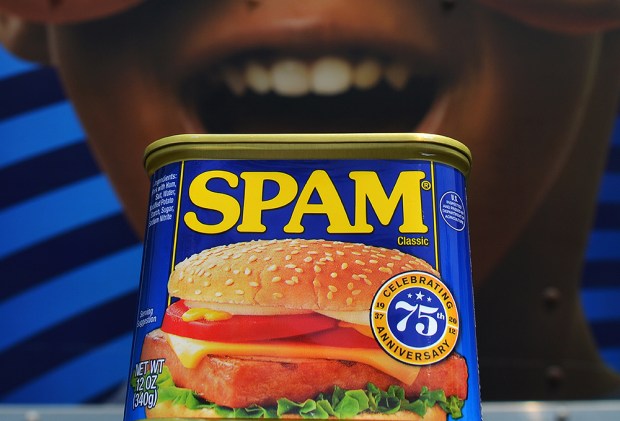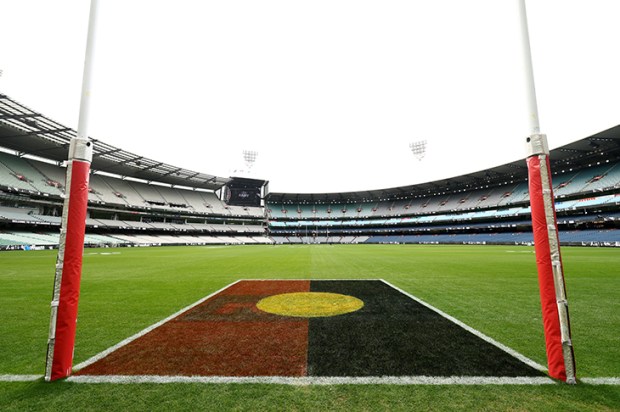Were you to pop down to the shops and buy a Wagon Wheel these days, chances are you’ll be disappointed. It’s not like it once was. The ingredients may be the same, but the scale is gone. It’s no longer a chocolate-covered biscuit representation of a wagon wheel; its relative smallness suggests just a regular wheel. The most charitable interpretation of the whole travesty is that it’s notionally representative of the idea of a wagon wheel. And it’s much the same with political parties these days.
Australia has a lot more common with the US than simply both being partners either side of a trade deficit. Both bits of our respective two-party-preferred systems have been inexorably moving towards an homogenised DMZ for years now. Republicans and Democrats, Labor and the Liberal and National parties, all devolving into an idea of what (or indeed who) they represent, rather than actually representing a particular section of the community or set of principles upon which they intend to govern. The most recent US election though has rewritten the campaign playbook and there is much Australia can learn from it. Unfortunately, it seems to have been rewritten in some sort of Esperanto, so it may take us a while to learn how we can learn from it.
To ward off vote-splitting back in the last years of the nineteenth century, the Democratic party merged with the Greenback party (who were against monopolies) and subsumed the People’s party (who were the farmers) thus consolidating the support of those working both on the land and in the factories. Forty years on, they rallied around Franklin Delano Roosevelt for the same reason, absorbing him and snuffing out his New Deal party to shore up the votes of labour unions, assorted religious and racial minorities, plus those who considered themselves intellectuals. Even some landed gentry down south got on board. It was realpolitik before Kennedy and Johnson started trying it out in the Eastern Bloc. With each land grab of neighbouring ideology though came a blurring of focus and a compromise of original intent. So too the Republicans, to paraphrase H.G. Wells, slowly and surely and with envious eyes, drew their plans away from those voting for them in favour of those whose money they relied upon to win over those voters. ‘I am now a Keynesian,’ declared Richard Nixon in 1971 as he sat at the panel of price and income controls, pulling levers and pressing buttons that upped the minimum wage and welfare payments. By 1977 Jimmy Carter, fearing bankruptcy as if he was a fiscal conservative, was switching toggles that cut social security. The economy was the main game, yet the parties seemed to have swapped jerseys. Public debt went up from $30 billion under Carter to $3 trillion under Ronald Reagan and George Bush Sr, only go down under Clinton by 15 per cent and then up again under Bush Jr by another $3 trillion. Corporate lobbyists became the ones politicians listened to instead of their constituents – and why not? Corporations can’t die and didn’t have to be won over like each new generation of voters; plus the money’s better and if a blue chip big one looks like it’s ailing there are always taxpayer donations with which to resuscitate it. Silver-grey Whigs had shaken hands with Hunker Democrats to privatise profit and socialise loss. And, to mix a bit more Wells in with my bowdlerised Orwell, ‘so began the great disillusionment’.
Back home we have a Labor party that has abandoned its base and an LNP with no middle. Voting is compulsory but people have been defaulting to brand recognition for a few years now, settling on the representation of an idea rather than actual representation. In short, they’ve been buying Wagon Wheels.
Donald J. Trump might be all things to the majority of those who voted in the US recently but one of those things is that he’s uncompromising. Literally. As to whether that’s ultimately a good or bad thing only time will tell, and I’ll leave that for better writers to chronicle (probably Bob Woodward and, to a lesser extent, Michael Wolff), but if between now and our next election Australia can find an uncompromising renegade willing to cut with piratical glee a swathe through convention – or at least someone who can do a decent impression of someone like that – then I think we’ve got a cat-among-pigeons scenario worth rubbing our hands together about.
And let’s face it, which side you’re on and a level playing field don’t really matter if you’re treating politics as a spectator sport.
Got something to add? Join the discussion and comment below.
You might disagree with half of it, but you’ll enjoy reading all of it. Try your first month for free, then just $2 a week for the remainder of your first year.













